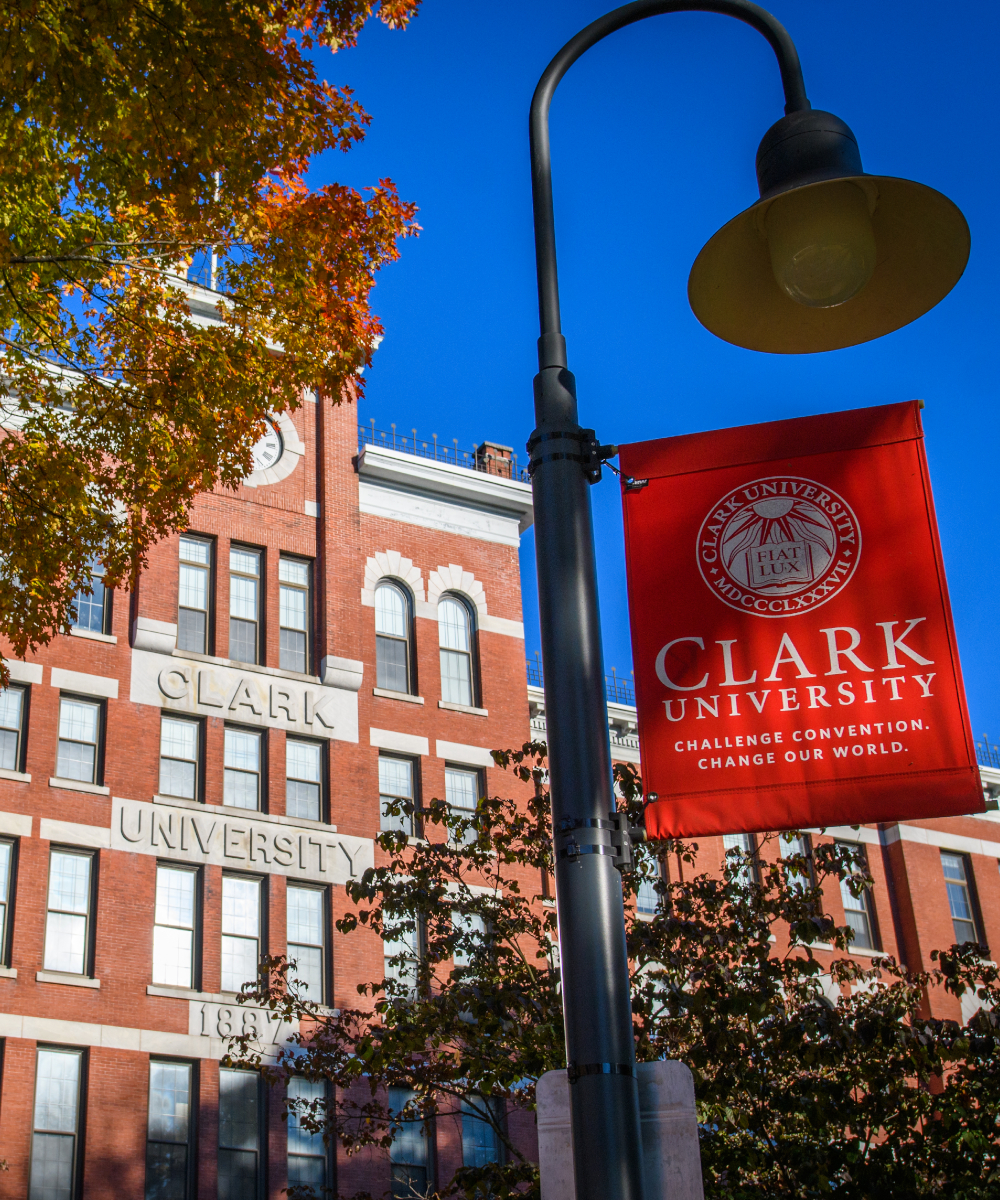Clark University’s Position on Divestment and Other BDS Measures
To the Clark Community,
The call to divest in organizations that do business in or are located in Israel has generated a good deal of attention on our campus. Over the past year, in conversations and written communication with student leaders, alumni, families, and other extended members of our community, we have maintained a consistent University position on these issues. However, we continue to receive questions and, therefore, I feel it necessary and important to provide clarity.
The question of divesting the University’s endowment falls within the responsibility of our Board of Trustees, and the Trustees intend to adhere to the current investment approach and process for our endowment. It is University policy to make endowment investment decisions that enable and empower fulfillment of our mission and institutional strategic priorities. These resources determine our strength, impact, and future as a University and ability to ensure our students succeed and thrive. Our endowment is not intended to be used as an instrument to express views on social or political issues. Neither is it a means for exercising social power or advancing specific interests. Therefore, the University — under the Board of Trustees’ direction — will not consider divestment as a strategy for addressing world events.
On the question of conforming to directives of the Boycott, Divestment, and Sanctions (BDS) movement, here, too, the University does not intend to change current institutional policies or procedures. Nor will we allow the adoption of measures within any unit or function that are discriminatory and/or force involuntary adoption of one particular point of view over others. Such measures would be inconsistent with our values as a University and would conflict with University policy. They also threaten academic freedom, the respectful free expression of ideas and views, and the principles of inclusion and belonging that are central to our community.
I acknowledge that within our community there are deeply divided perspectives on this issue. The way we will continue to address complex, at times divisive and polarizing global issues is through our mission of teaching, research, and community-building — working to better understand and bridge our differing perspectives through respectful debate, dialogue, and discourse. This is our responsibility as an institution of higher learning and we are committed to fulfilling it.
Sincerely,
David Fithian ’87
President


